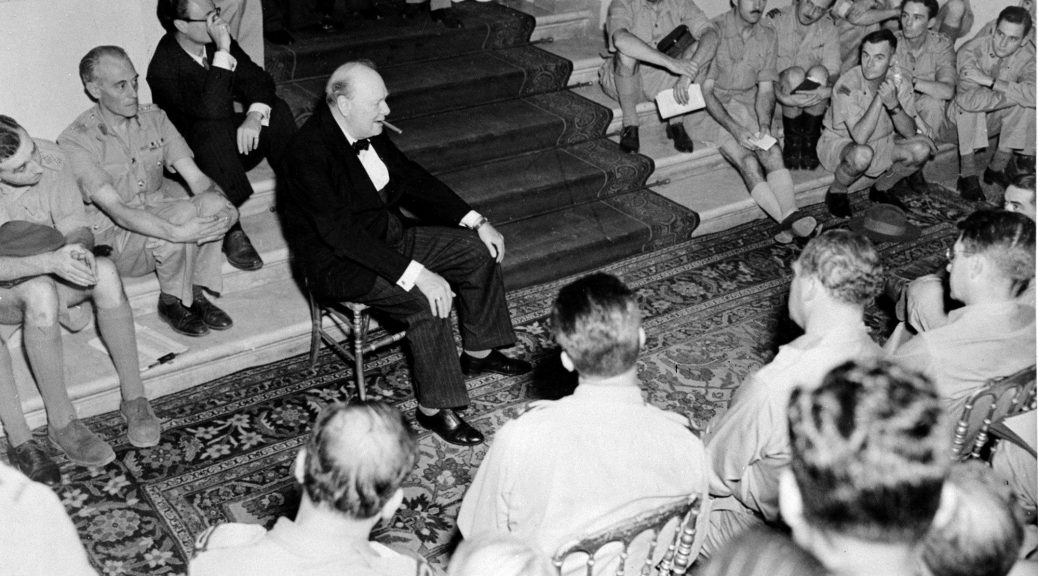


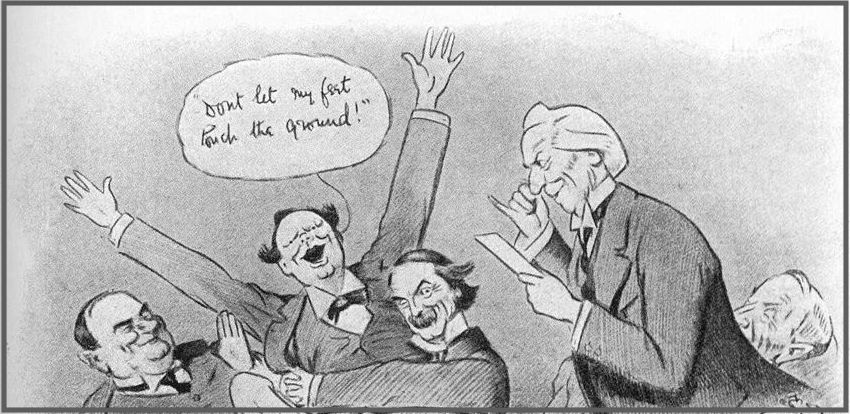
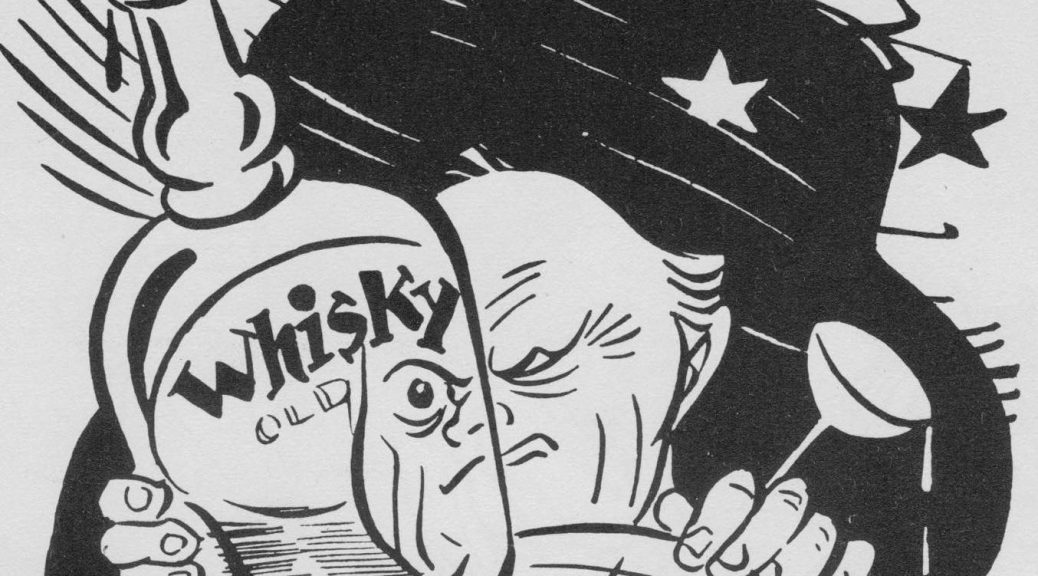
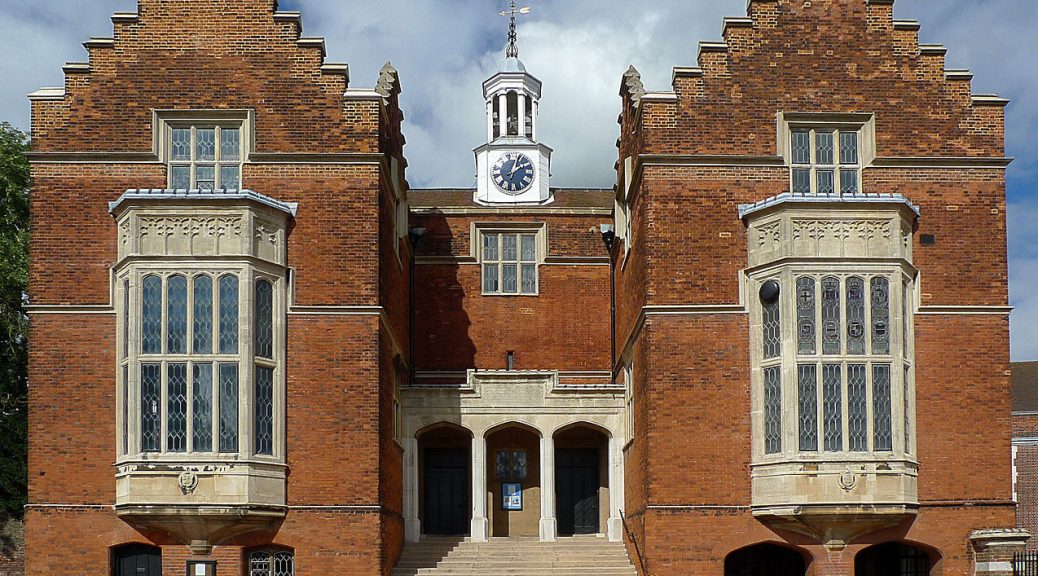
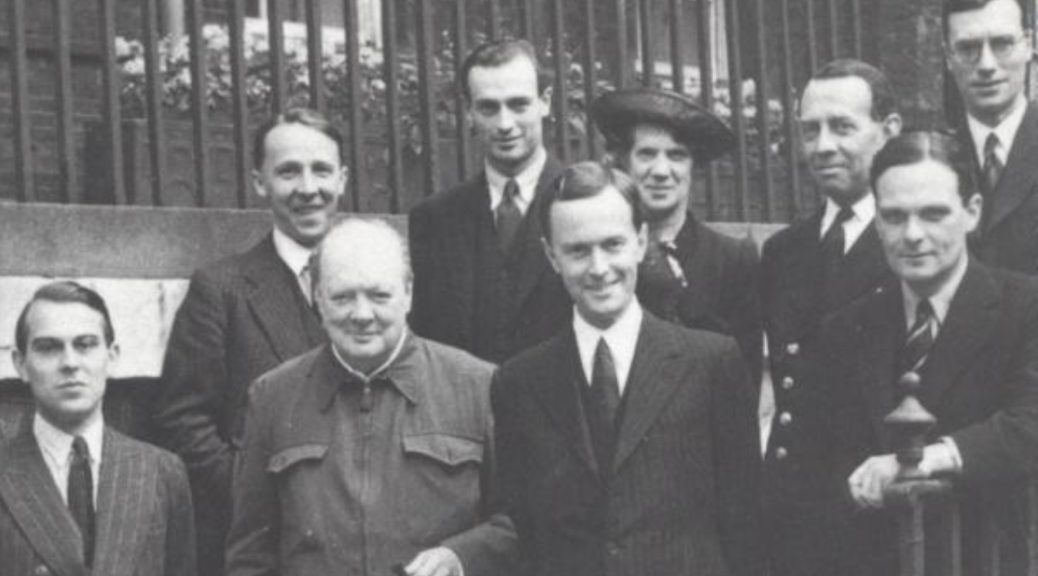
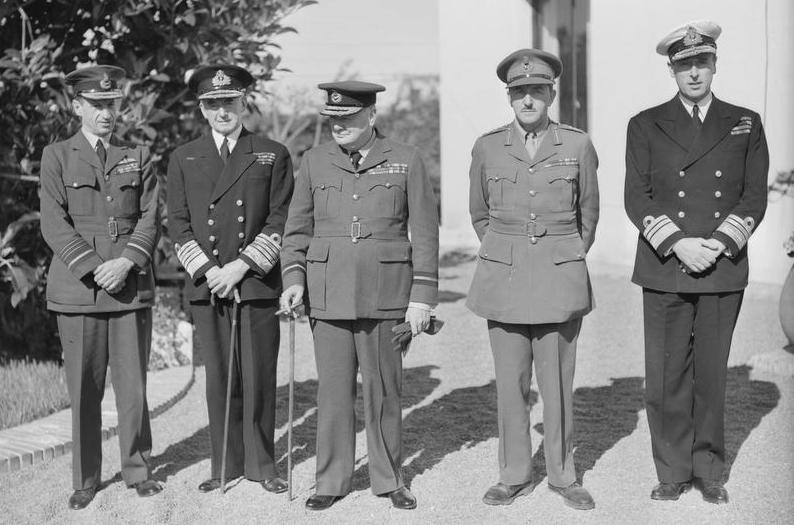
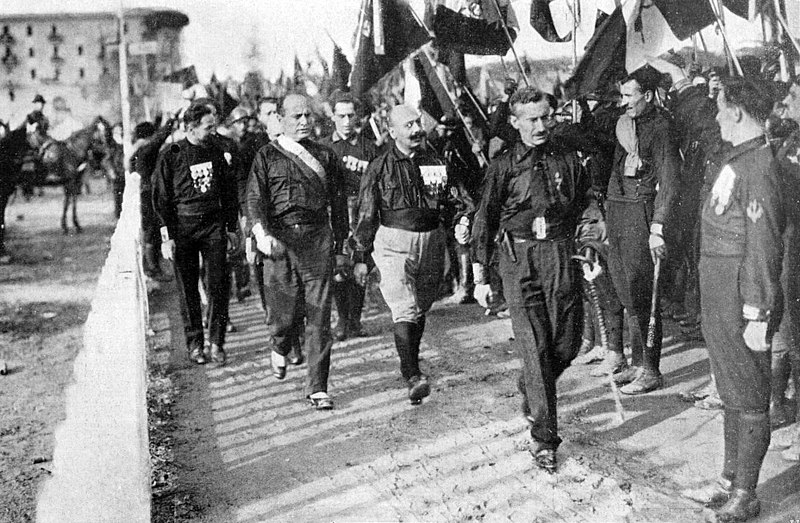
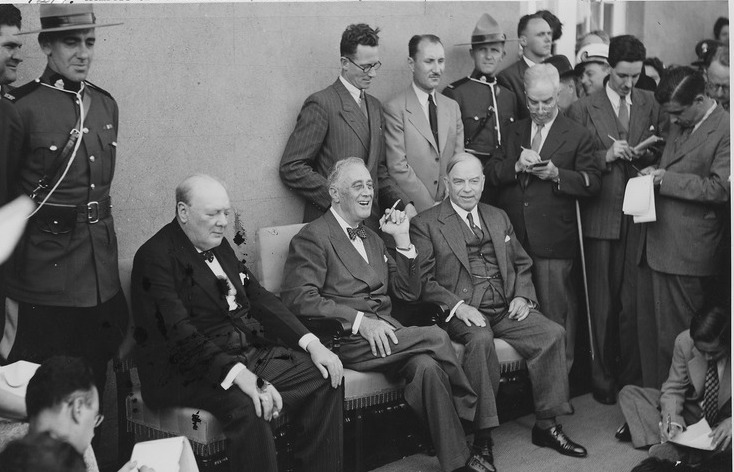
I am completing an English assignment which looks at the speeches of Winston Churchill and would like to read press conferences or interviews Churchill gave during the Second World War. So far, I have been able to find only speeches. Please could you advise me whether any such interviews are in existence? —E.L.
Washington, 1941Churchill rarely gave interviews—only two that I know of as a young man, and those reluctantly. Speeches (live) were his preference. However, on his 1941 visit to Washington, Franklin Roosevelt ushered him into his first press conference.…
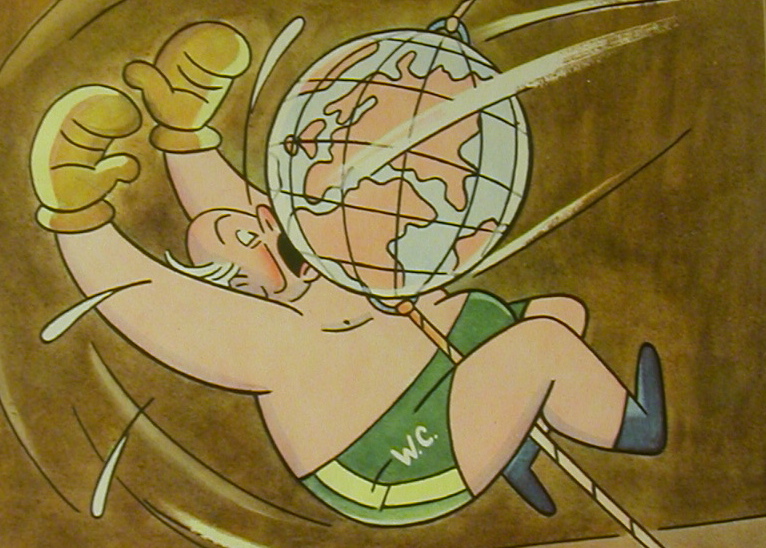
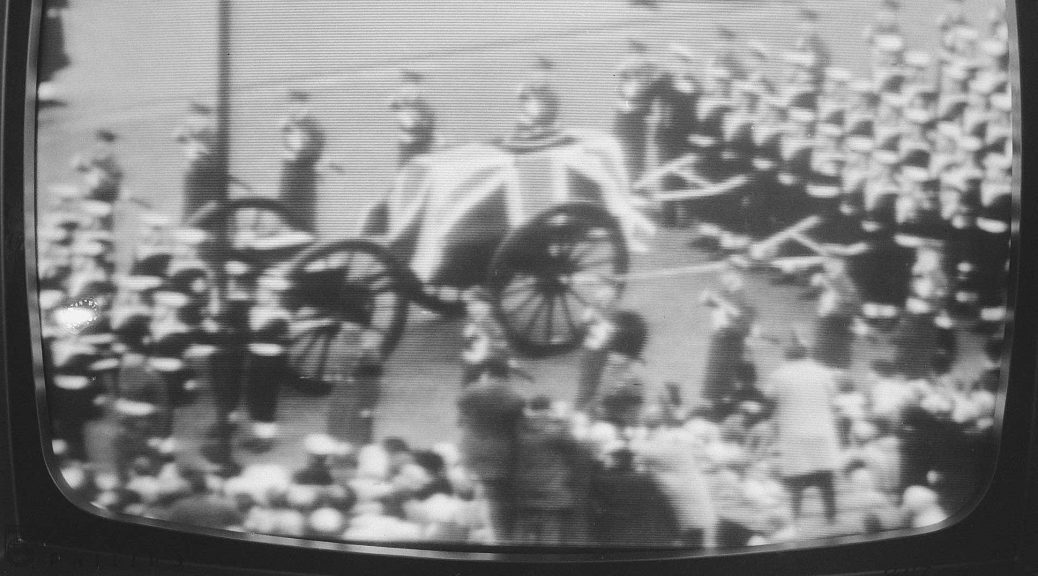
“This truth is incontrovertible. Panic may resent it, ignorance may deride it, malice may distort it, but there it is.” —Winston S. Churchill, House of Commons, 17 May 1916
Q: His legacy today?Peter Baker of The New York Times recently reviewed a new book which delivers some sharp arrows toward Winston Churchill and his legacy. Baker writes that the text labels Churchill “not just a racist but a hypocrite, a dissembler, a narcissist, an opportunist, an imperialist, a drunk, a strategic bungler, a tax dodger, a neglectful father, a credit-hogging author, a terrible judge of character and, most of all, a masterful myth-maker.”…